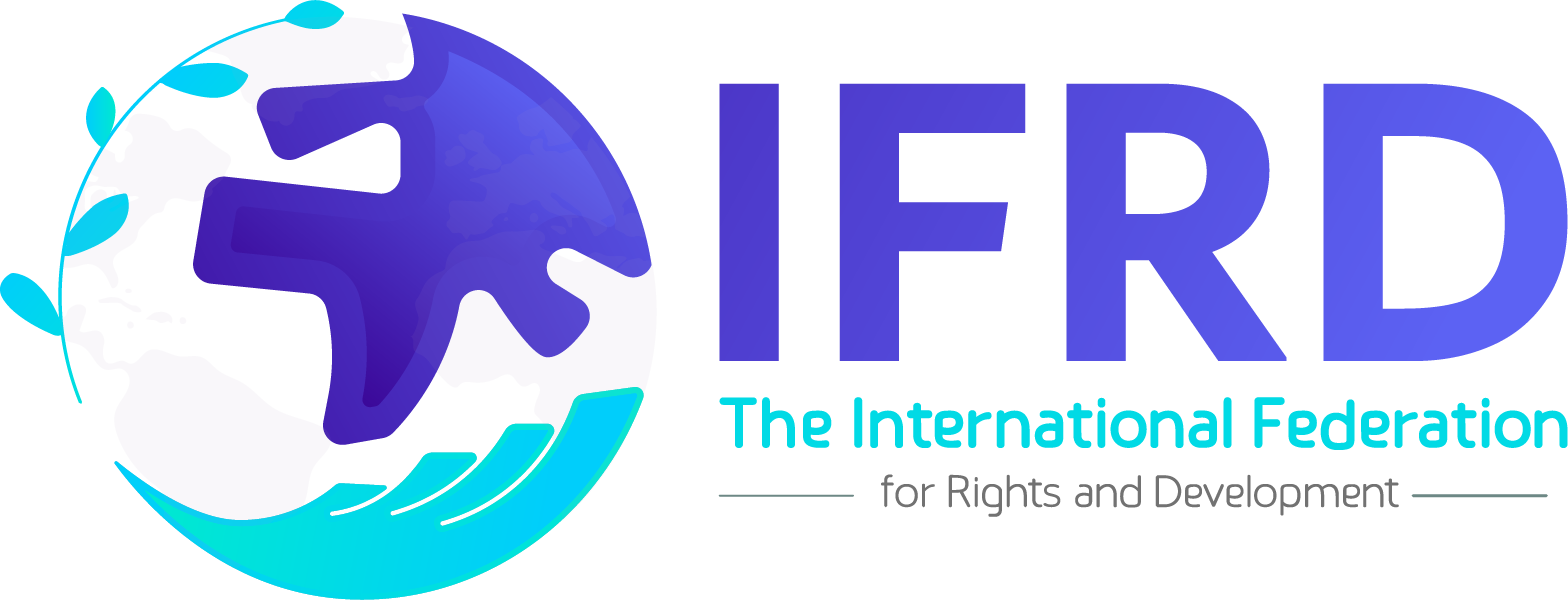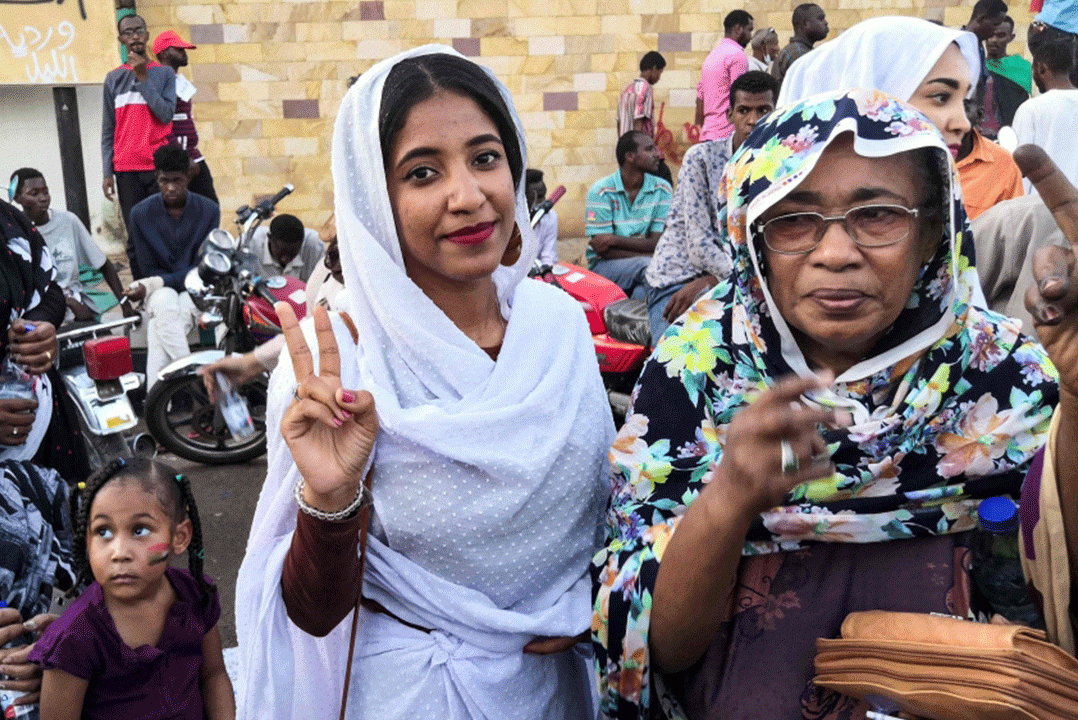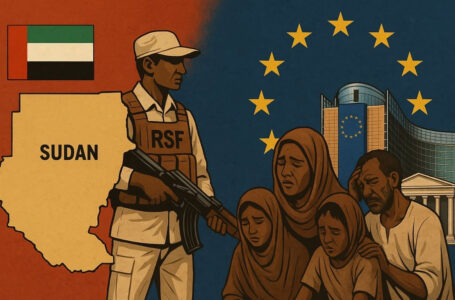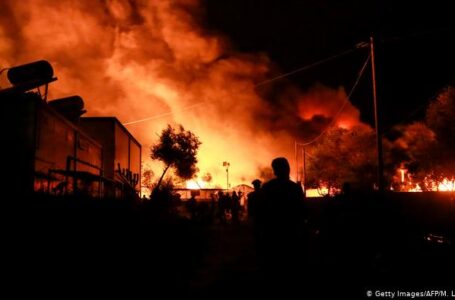Archive photo, MEMO source
2020/293
4/5/2020
Rome – The International Federation for Rights and Development (IFRD) today welcomed the decision of the Transitional Government in Sudan to criminalize female genital mutilation, and called on it to impose further legal measures to combat the dangerous phenomenon.
The Rome-based International Federation said in a press release that about 87% of women and girls in Sudan had suffered from the phenomenon of female genital mutilation, known as “female circumcision.”
IFRD added that criminalizing this practice and punishing anyone who commits such imprisonment with three years and a fine is a significant victory for human rights in Sudan and a step towards criminalizing many harmful customs that threaten human life.
IFRD emphasized that this amendment will contribute to addressing one of the most dangerous social practices that constitute a clear violation against women and a crime against women’s rights, expressing the hope that Sudanese laws will be revised from all harmful impurities.
The International Federation highlighted that the phenomenon of “female circumcision” is not only a violation of the rights of every child but also a harmful practice. It has severe consequences for the physical and mental health of the girl, which requires the government and societies alike to take immediate measures to end it ultimately.
Therefore, IFRD urged the authorities in Sudan to impose more legal measures to combat the phenomenon of female circumcision and to ensure that laws that criminalize this practice are strictly enforced.
It also stressed that the Sudanese authorities should ensure that laws and policies are applied to combat female genital mutilation, including holding the managers of any medical facility that allows this, and inform midwives, health service providers, parents, and youth about the new legislation.
The International Federation for Rights and Development (IFRD) stressed that the issue of female circumcision is a societal legacy. It cannot be eliminated by legislation and laws only. It requires awareness, health, societal culture, freedom of expression for men and women, and the promotion of social awareness about the seriousness of the phenomenon.







